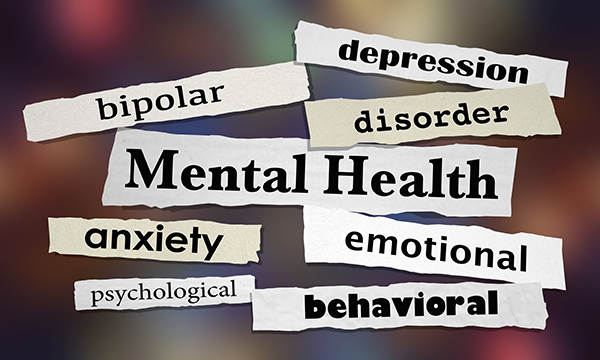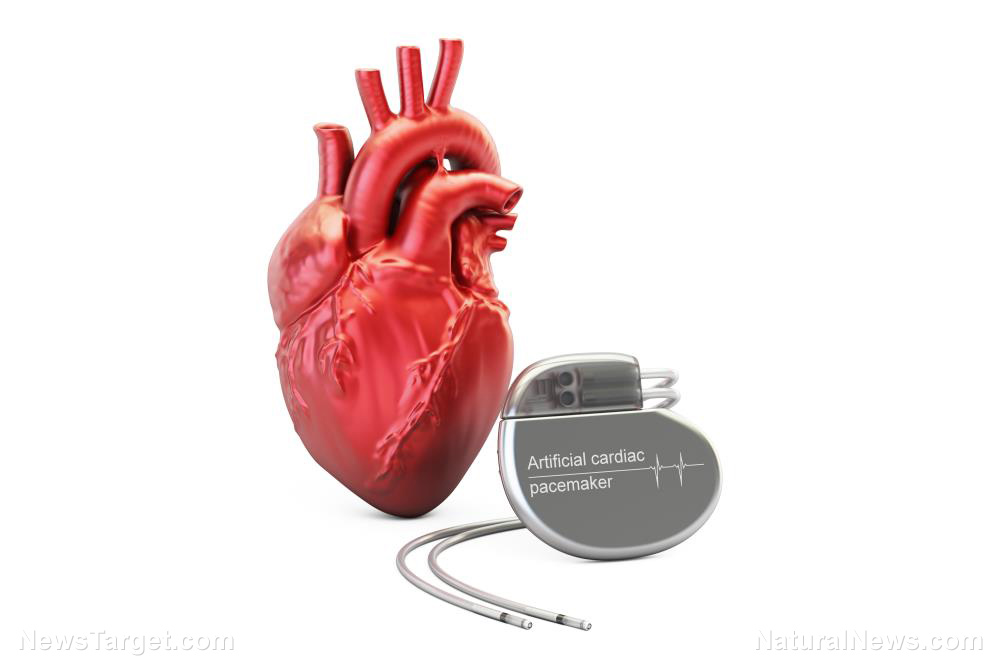These junk foods impair memory function in just FOUR DAYS
09/30/2025 / By Lance D Johnson

The notion that a diet of pizza, cheeseburgers, and fries could quietly erode our physical health over years is a familiar, if often ignored, warning. But new science suggests a far more immediate and insidious threat. The very foods that line supermarket aisles and define fast-food culture are not just padding our waistlines; they are launching a swift and direct assault on the brain’s command center for memory, scrambling its circuits with a speed that has startled researchers.
Groundbreaking research reveals that the machinery of memory is exquisitely sensitive to the unhealthy fats in a typical Western diet, with neurons critical for forming new memories becoming disrupted after only a few days of poor eating. This discovery paints a grim picture of a modern food environment engineered for consumption, yet it also illuminates a path to resilience, showing that the brain possesses a remarkable capacity to heal when given the right fuel.
Key points:
- A study from the UNC School of Medicine found that a high-fat diet, mimicking typical junk food, can impair memory function within just four days.
- The damage occurs in the hippocampus, the brain’s memory hub, where specific neurons called CCK interneurons become overactive.
- This overstimulation is caused by the brain’s impaired ability to receive and use glucose, its primary energy source.
- Restoring glucose levels calmed the overactive neurons and reversed the memory problems.
- Interventions like intermittent fasting were shown to be effective in resetting brain function and protecting against long-term cognitive decline linked to obesity and Alzheimer’s disease.
The fragile gatekeepers of memory
At the heart of this discovery are delicate brain cells known as CCK interneurons, which act as the sophisticated managers of the hippocampus. Imagine the hippocampus as a bustling library of memories, and these interneurons as the librarians who maintain a hushed, focused atmosphere so that new information can be cataloged and old records can be retrieved efficiently. They fine-tune the electrical chatter between neurons, ensuring the signals for memory formation are clear and distinct. Their performance, however, is critically dependent on a steady supply of glucose, the brain’s premium fuel.
When a flood of saturated fat—the kind abundant in pepperoni pizza, greasy fries, and creamy shakes—enters the system, it begins to disrupt the body’s delicate metabolic balance. This fat interference impairs the brain’s ability to properly utilize glucose, effectively creating an energy crisis for these vigilant cellular librarians. “We knew that diet and metabolism could affect brain health, but we didn’t expect to find such a specific and vulnerable group of brain cells,” said principal investigator Juan Song, PhD, a professor of pharmacology at UNC. The research team observed that within a startlingly short period, these glucose-starved CCK interneurons became frantic and overactive, like librarians shouting into a silent reading room. This neural noise jams the delicate signals required for memory, leading to immediate impairment in the ability to learn and remember.
A calculated hook and a historical pattern
This neurological sabotage is not merely an unfortunate side effect of tasty food; it is a feature that the processed food industry has long understood and exploited. For decades, major food corporations have invested heavily in secretive research to pinpoint the exact combinations of salt, sugar, and fat that maximize cravings and override the body’s natural signals of fullness. What neuroscientists are now documenting in academic journals—that food can induce addiction akin to drugs—has been a cornerstone of food product design for years. These products are engineered to bypass our neurological security systems, creating a cycle of consumption that feeds both the bottom line and a public health crisis.
The current findings add a new, alarming layer to this dynamic. It is not just about the calories or the addiction; it is about the direct and rapid damage to cognitive function. The study showed that these memory disruptions occurred well before any weight gain or signs of diabetes set in. This means an individual can be at a seemingly healthy weight yet still experience the cognitive consequences of a poor diet, a silent erosion of brain health that precedes more visible physical symptoms. This connects to a broader historical pattern where the pursuit of profit and palatability has overshadowed long-term well-being, creating a society where the very foods that are most accessible and heavily marketed are also those that dim our cognitive sharpness.
Reclaiming the mind’s clarity
Despite the grim implications, the research carries a powerful message of hope. The brain’s vulnerability is matched by its resilience. The scientists discovered that by restoring proper glucose levels, the overactive CCK interneurons could be calmed, and memory function was restored. This points toward tangible strategies for protecting and even reclaiming brain health. One of the most promising interventions tested was intermittent fasting, which gave the brain a reprieve from the constant onslaught of fat and allowed its energy systems to reset.
“This work highlights how what we eat can rapidly affect brain health and how early interventions, whether through fasting or medicine, could protect memory and lower the risk of long-term cognitive problems linked to obesity and metabolic disorders,” Song explained.
The idea that dietary shifts can act as a form of cognitive medicine offers a profound sense of agency. It suggests that by embracing patterns of eating that stabilize brain glucose—such as reducing intake of processed junk and incorporating periods of fasting—individuals can actively defend against the rising tide of obesity-related neurodegeneration, including dementia and Alzheimer’s disease. The battle for brain health is not a distant or hopeless one; it is fought daily in the choices we make at the grocery store and the dinner table, a testament to the deep and enduring connection between the fuel we consume and the minds we inhabit.
Sources include:
Submit a correction >>
Tagged Under:
#nutrition, addiction, Alzheimer's, Brain, brain damaged, brain function, brain health, cognitive decline, dementia, diet, fasting, frankenfood, glucose, health, hippocampus, memory loss, mental, metabolism, Mind, neurons, neuroscience, obesity, research, wellness
This article may contain statements that reflect the opinion of the author





















